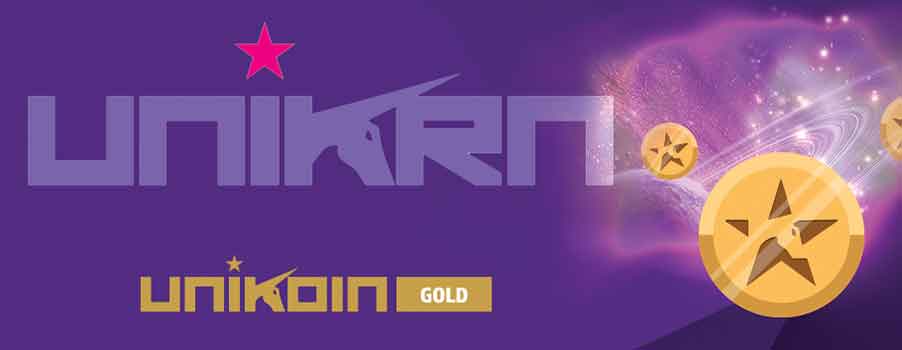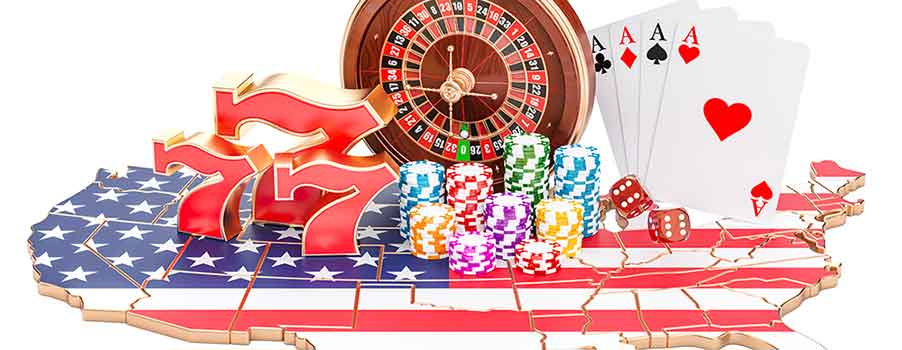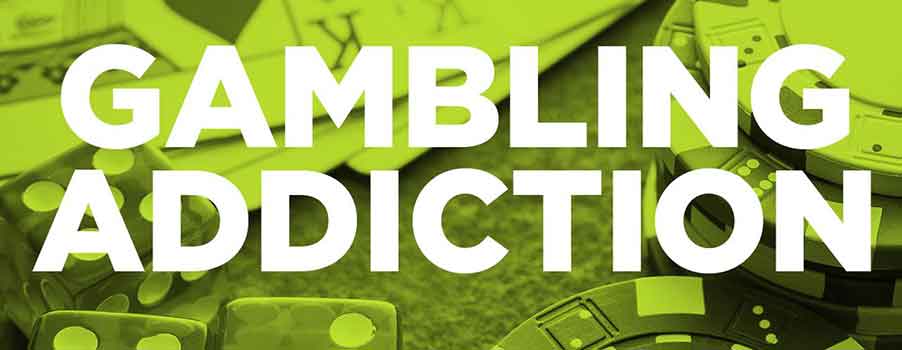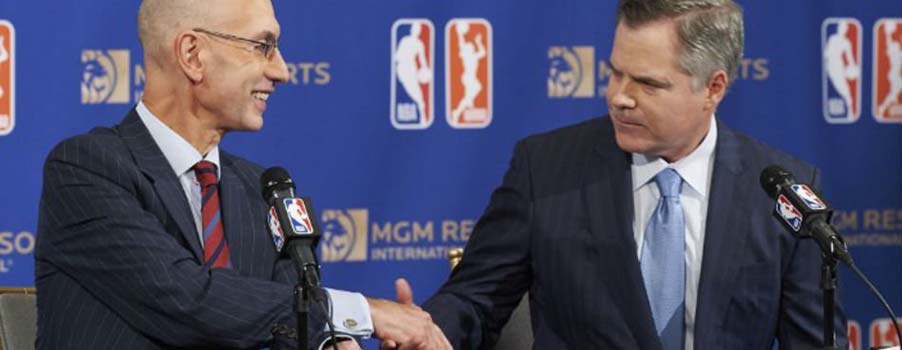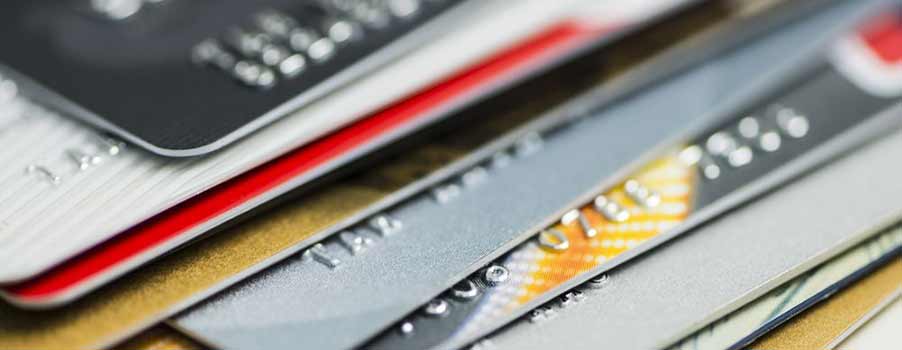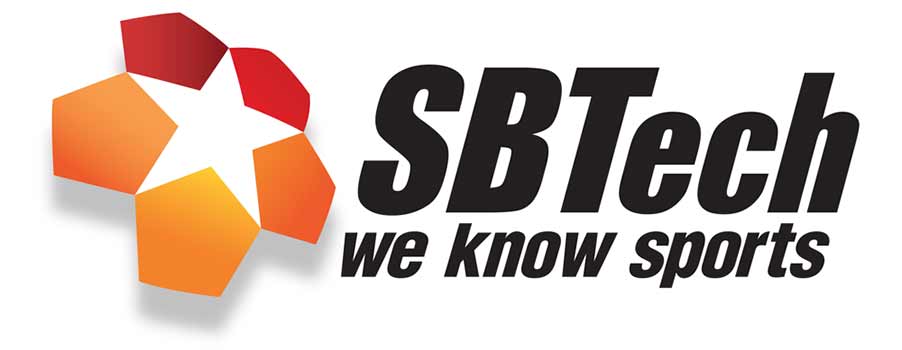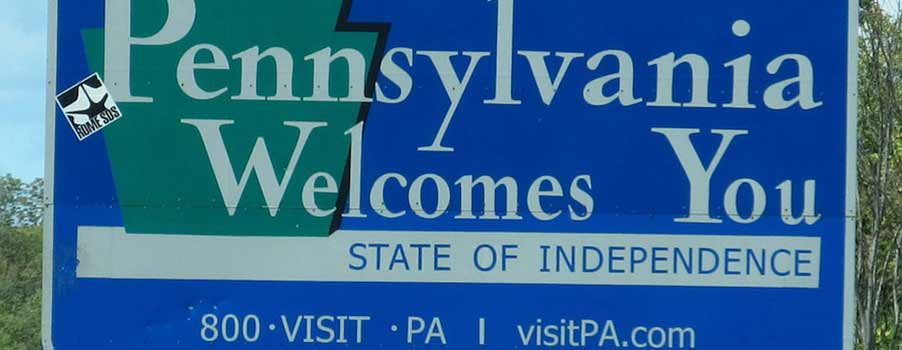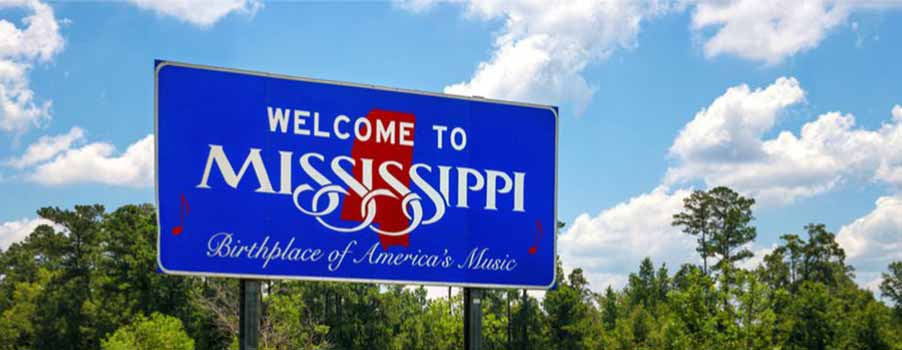Last Tuesday, Unikrn, a gaming operator known for its blockchain-infused esports betting projects, had its esports betting license approved by the Isle of Man, a move that has officially laid the groundwork for legal and regulated sports betting in the United States. Esports fans both within the United States and some other international markets will soon be able to bet on various esports events including tournaments and championship matches.
Unikrn, which is the world’s first betting platform to be built entirely on blockchain technology has had plans to merge real-money betting on competitive video gaming with crypto and blockchain technologies. The approval of its licenses by the Isle of Man is a huge step forward for the company and which has already moved fast to deploy its crypto esports gambling services in 20 different regions – the company began rolling out its online gaming products to the 20 countries as soon as the Isle of Man approved its license.
It plans to follow through by offering esports betting to European countries, South Korean and other Asian nations as well as parts of Latin America. In the US, the company will be offering several types of esports gambling services save for spectator betting which is yet to be legalized.
With the new products, the platform’s users in the countries where sports betting is legal will have the opportunity to bet on major esports competitions like the forthcoming League of Legends World Championship. Unlike traditional sportsbooks, Unikrn will be taking a unique approach that will be based on skill-based bets – this will allow the gamers to bet on their game performance for in games such as Player Unknown: Battlegrounds and Fortnite.
High Hopes Esports Betting Market
The approval of Unikrn esports betting license is certainly going to pave way for more companies to venture into the space – in fact, a number of esports betting platforms already exist but they have yet to be officially recognized by the Isle of Man. Still, the market is expected to significantly grow further from here on out. According to Rahul Sood, Unikrn’s CEO, the esports betting market could be worth $9 billion by 2020 if it’s nurtured properly.
“There is finally a legitimate, regulated operator in the space that has a pretty comprehensive offering,” Sood commented on his company’s approved esports betting license. “It’s huge.”
For the esports betting venture, Unikrn will also be featuring technology from Bittrex, a US-based asset trading platform. Bittrex’s technology will assist Unikrn in establishing a system for seamless crypto accessibility for the users of the gaming platform. The company’s in-house cryptocurrency, UnikoinGold (UKG) will be the primary token for esports spectator wagering in the 20 regions where Unikrn his set to begin operations.

